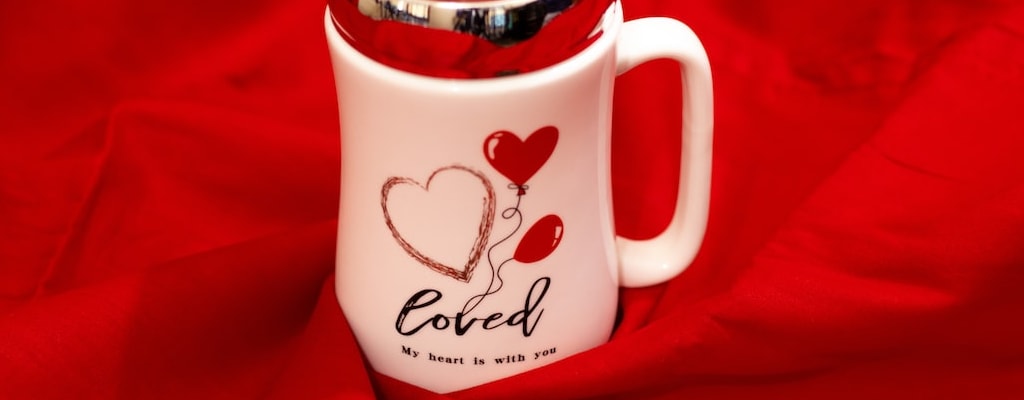warm regards: Idiom Meaning and Origin
What does ‘warm regards’ mean?
The idiom "warm regards" is a polite and friendly way to express one's good wishes or greetings to someone. It emphasizes a genuine sense of warmth and sincerity in the interaction.

Idiom Explorer
The idiom "yours sincerely" is used to close a formal letter or email in a polite and respectful manner.
The idiom "warm the cockles of someone's heart" means to bring deep feelings of joy, satisfaction, or affection to someone.
The idiom "warmest regards" is used to express a very sincere and affectionate farewell or closing in a written communication.
The idiom "warm body" refers to a person who is seen as simply filling a position, without having any special skills or qualifications. This term is often used in a derogatory manner to imply that the person is replaceable and lacks value beyond their physical presence.
The idiom "warm-blooded" refers to animals that can regulate their own body temperature internally, typically keeping it constant regardless of the external environment. They are commonly known as "endothermic" creatures and include mammals and birds.
The idiom "want to know," often used in question form, expresses a strong desire or curiosity to obtain information or gain knowledge about something.
The idiom "walk on sunshine" means to be extremely happy and filled with joy. It conveys a sense of elation and positivity, as if one is metaphorically floating or skipping along without a care in the world.
The idiom "walk on eggshells" means to proceed with extreme caution and sensitivity in order to avoid upsetting or angering someone.
The Hidden Affection
warmest regards is another idiomatic expression commonly used to close written correspondence. Similar to warm regards, it conveys a strong sense of goodwill and affection towards the recipient. The use of warmest in this phrase intensifies the sentiment, emphasizing an even greater level of warmth and sincerity. It is often used in more personal or intimate contexts, where a deeper emotional connection exists between the sender and the receiver.
kind regards is yet another variation of the warm regards phrase. It carries a similar meaning, expressing a friendly and benevolent disposition towards the recipient. The use of kind in this expression emphasizes a gentle and genuine sentiment, highlighting the sender's positive intentions and well wishes. It is commonly used in both personal and professional communication, adding a touch of warmth and sincerity.
kindest regards is a variation of warm regards that places an emphasis on the sender's utmost goodwill and affection towards the recipient. The use of kindest suggests an unparalleled level of sincerity and kindness. It conveys a deep respect and appreciation for the recipient, emphasizing a genuine desire for their well-being and happiness. This expression is commonly used in more formal or official correspondence, where a strong sense of professionalism and politeness is required.
best regards is another alternative to warm regards. It shares a similar meaning, conveying a high level of goodwill, respect, and friendly sentiment towards the recipient. The use of best in this phrase implies that the sender holds the recipient in high regard and wishes them the very best. It is a versatile expression that can be used in various contexts, both personal and professional, to add a personal touch and convey warmth and sincerity.
Last but not least, the idiom "tip of the hat" is unrelated to warm regards, but it is worth mentioning as another phrase that conveys recognition and acknowledgement. The phrase "tip of the hat" originates from the practice of tipping one's hat as a sign of respect and greeting. It is often used figuratively to denote a gesture of recognition or appreciation towards someone. While it is not typically used as a closing phrase in written correspondence, it is a common idiom that signifies respect and admiration.
Example usage
Examples of how the idiom "warm regards" can be used in a sentence:
- She ended her email with "Warm regards" to show respect and kindness.
- After a pleasant conversation, he bid farewell with "Warm regards" as a friendly gesture.
- When writing a letter of recommendation, the professor concluded with "Warm regards" to express goodwill towards the candidate.
More "Greeting" idioms



